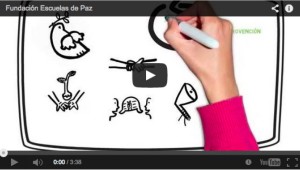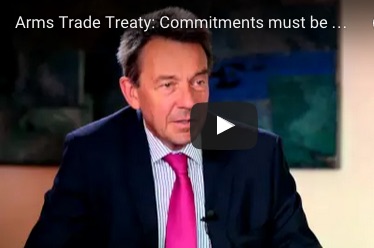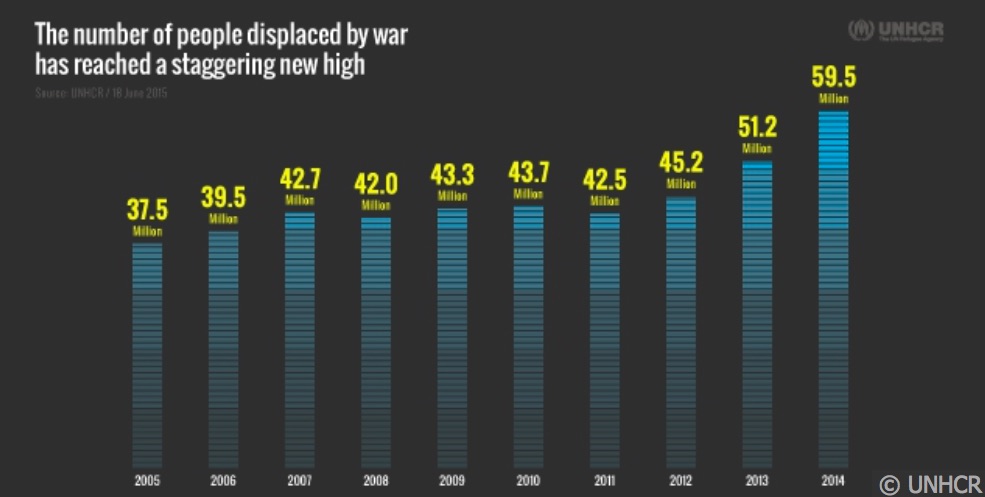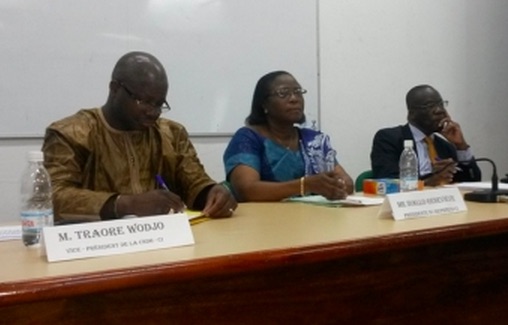As the government of Colombia and the FARC enter their 40th cycle of peace talks, the people of Colombia are optimistic that an end is in sight to the half century of civil war that has torn their country apart and they are preparing for peace.
The peace talks reconvened August 20 in Havana with “a renewal of confidence in the peace process, spawned by the parties’ expressed willingness to accelerate the pace in Havana and to de-escalate the violence in Colombia.” Among their decisions in recent talks was the promise to create a truth commission. As the peace talks have advanced, the amount of violence has decreased according to a recent study by the United Nations.
As Amada Benevides explains in her letter to CPNN from Colombia, “The process of negotiating a peace agreement with the FARC has advanced many topics, including education for peace. For the first time in Colombia it is being mentioned explicitly, and not by other names, and in this sense we have several new initiatives . . . [including a] National Meeting on Education for Peace, to be held on 1 and 2 October.” She adds, “Since we have been working more than 15 years to put forward the necessity of peace education in Colombia, this is really a very exciting time.”
Peace education is becoming a required subject in the schools of Colombia. According to law 1732, adopted in 2014, the national government has decreed that “the teaching of Peace is regulated in all educational institutions of the country”. Culture of peace and sustainable development are to be implemented in the academic syllabus before December 31, 2015, in the areas of social sciences, history, geography, politics and democracy constitution, life sciences, environmental education, ethics, human values and principles.
There are many local and regional peace initiatives in the context of the talks between the government and FARC:
An important precedent over the years has been set by the Peace Community of San José de Apartadó, formally established in 1996, which has been able to resist involvement in the civil war by means of a vast array of nonviolent tactics ranging from public declarations to establishing alternative educational institutions and markets. This impressive tactical diversity has gained considerable international support and, to this day, helps sustain the Community’s resilience.
In Cundinamarca a regional meeting was devoted to strengthening the national policy of coexistence and security in the issue of reconciliation. Jerome Gordillo, secretary of Government of Cundinamarca, said that is the responsibility of mayors and ombudsmen to efficiently handle the peace process.
In the city of San Agustin, the Faculty of Education of Surcolombiana University held the first International Biennial of education and culture of peace from 13 to August 15.
In Cartagena, the first regional meeting was held to construct a Caribbean Regional Peace Assembly. The meeting was supported by the workers’ labor union -USO- and the company Ecopetrol. It was attended by delegates from Atlantico, Bolivar, Sucre, Córdoba, Cesar and Guajira.
In Bogota, more than 350,000 people attended the Rock in the Park Festival which was dedicated this year to the culture of peace.
At a national level, the Second National Assembly for Peace will take place in November. It will will include four conversations and 10 regional assemblies which will take place in Antioquia, Barrancabermeja, Cartagena, Choco, Villavicencio, Neiva, Puerto Asis, Tibu, Arauca and Popayan. They will focus on three themes: 1) mining and energy policy; 2) regional development and peacebuilding and 3), culture of peace and followup to the peace accords.
In many remote regions in Colombia, radio is the only medium to which people have access. For this reason, the Office of the High Commissioner for Peace this year began training journalists and announcers working at hundreds of small community radio stations across the country to manage programs that bring citizens in touch with the ongoing peace process.
In sum, the people of Colombia are preparing for peace at all levels, providing us lessons for the eventual transition from the global culture of war to a culture of peace.







